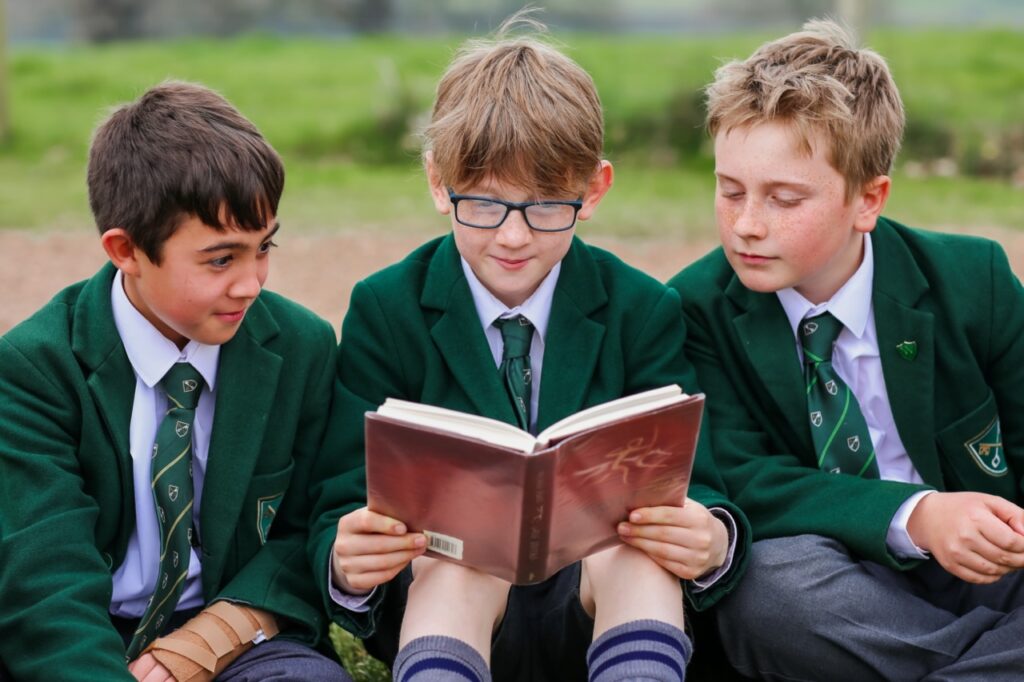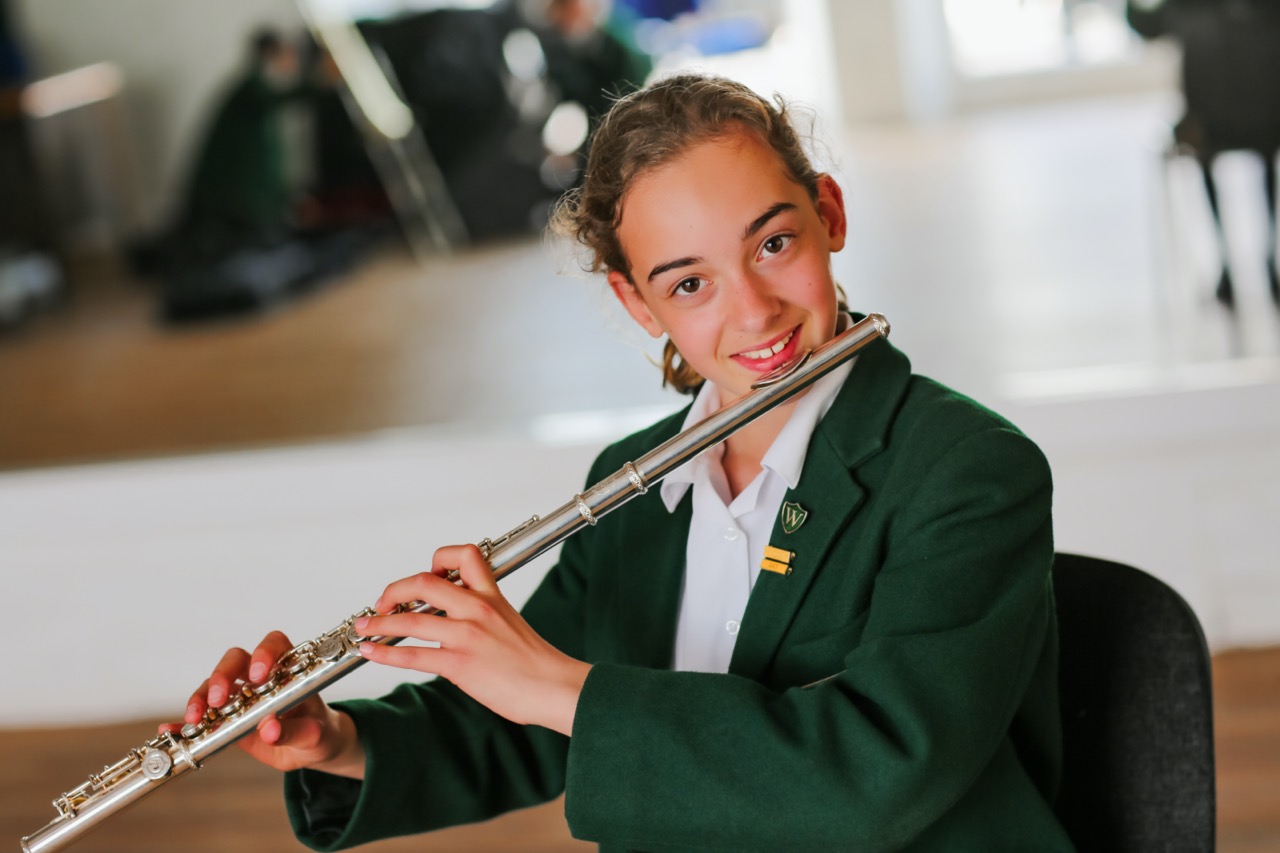For many children, after-school activities are a crucial part of growing up. Not only can they be very important socially, but they also play a much wider role in their development through school.
Here at our private school in Devon, we work to ensure pupils have access to a wide selection of after-school activities to suit various interests, and also to discover ones they didn’t know they had. We do this because of the many benefits that after-school activities can offer!
Why are After-School Activities Important?
No matter what school club your child is taking part in, chances are it will provide some great benefits to them and even the people around them. From physical and mental health benefits to broader social achievements, here are some of the main reasons why after-school activities are so important:
- Increasing Self-confidence
- Improving Social Skills
- Creating Community Cohesion
- Providing Additional Support for Parents
- Creating Better Academic Performance
Improved Self-confidence
Participating in after-school activities provides a great opportunity for young children to break out and begin following their own path. Choosing an after-school club for themselves allows them to explore and understand their interests, creating that sense of independence.
Once they’ve picked their preferred after-school activity, the club provides a fantastic environment for them to develop soft skills while exploring their subject. If it’s a sports club, they can learn how to deal with failure in a safe environment while also being able to let off some steam. If it’s a creative club, they can learn how to be vulnerable when expressing their likes and emotions.
No matter what kind of activity they’re doing, after-school clubs provide a space where crucial skills can be developed that they will carry with them throughout their lives.
Improving Social Skills
After-school activities often involve pupils spending time with those they’ve not previously been friends with, but with whom they share a common interest. These new friends can be a different age, from another class or even a different school.
As children experience a wider variety of people and social situations, they will improve their social skills and develop a positive outlook about interacting with others.

Creating Community Cohesion
This is sometimes underestimated, but at a time when so much of young children’s lives are online, after-school clubs are a great way to explore the importance of real-world communities.
By engaging with children outside of their usual classes, ages or even schools, they can start to develop a broader sense of being part of a certain community. Many after-school clubs will also be involved in events in wider society, whether it’s a cooking club doing a cake sale or a music club putting on performances, which can help them feel like part of an even larger group.

Providing Additional Support for Parents
Not only do after-school activities provide great benefits for children, but it’s also important to recognise how useful they can be for busy working parents.
After-school clubs can be a great way to keep children occupied, giving parents more hours without having to worry about childcare. There is also the financial side: many after-school clubs give children the opportunity to explore their interests using school equipment and facilities, taking some of the cost pressures away from parents.
Better Academic Performance
The various benefits listed above and more besides all come together to help children develop in a positive, rounded way. This has been shown to lead to better academic outcomes.
Studies by groups such as the Nuffield Foundation have shown a link between pupils attending after-school clubs and improved academic and social performance. Many teachers and pupils have also talked about the positive impacts that such activities can have.
Here at St Peter’s Prep, we try to put on as many after-school activities as possible so there’s something for everyone, no matter what they enjoy. If you’re interested in learning more about our approach to education, why not contact us today?









